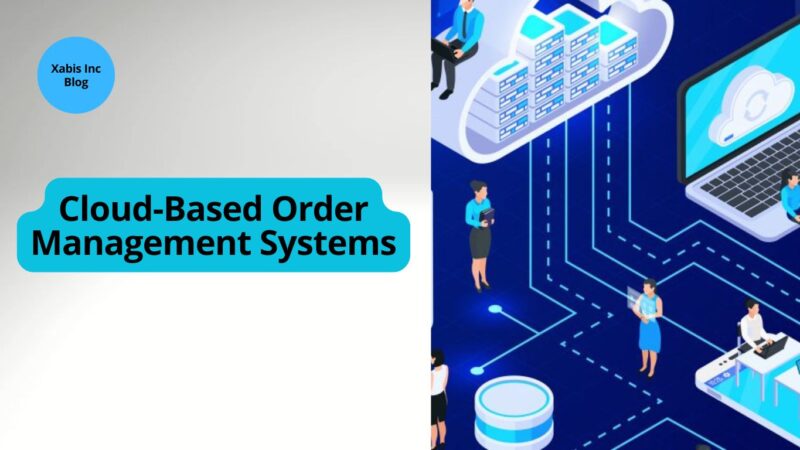The requirement of a strong order management system (OMS) has never been more pressing as e-commerce companies keep growing and spreading over several channels. The agility and scalability a Cloud-Based Order Management System (OMS) offers us to effectively handle orders in the fast-paced digital environment of today. The foundation of Distributed OMS is these solutions, which make sure companies may easily manage orders across several sites and channels.
The Benefits of Cloud-Based Order Management
The capacity to access and control orders from anywhere, at any time makes adopting aCloud Based Order Management System one of its main benefits. Cloud-based systems provide real-time updates and data synchronization—qualities not found in conventional on-site solutions—which is absolutely vital for controlling orders in a remote environment. This adaptability lets companies react fast to changes in demand, inventory levels, and consumer preferences, therefore guaranteeing regular client satisfaction.
Scalability and Flexibility for Growing Businesses
Businesses expand with their operational complexity also. The scalability of a Cloud-Based Order Management System lets one manage growing order quantities without sacrificing performance. These systems let companies add new sales channels, warehouses, or fulfillment centers as needed since they can quickly link with current infrastructure. Cloud-based systems’ adaptability also helps companies to scale down during off-peak times, therefore guaranteeing that they pay just for the resources they consume.
Enhanced Collaboration and Communication
Distributed OMS calls for smooth cooperation and communication among several departments and sites. By giving a centralized platform where all stakeholders may access real-time data, a Cloud-Based Order Management System helps to enable this. Everyone may operate from the same data set whether it is the sales team updating order statuses, the warehouse controlling inventory, or customer support resolving questions. This degree of teamwork guarantees correct information for every touchpoint, lowers mistakes, and increases efficiency.
Improved Order Accuracy and Fulfillment Speed
Customer satisfaction depends much on order accuracy and fulfillment speed. By automating important activities including order routing, inventory allocation, and delivery, cloud-based order management systems improve these features. Automated systems guarantee that orders are handled fast and precisely and help to lower human mistake risk. Further enhancing order accuracy is real-time inventory tracking across several sites helps reduce stockouts and overselling.
Cost Efficiency and Resource Optimization
Often more affordable than conventional on-site systems are cloud-based options. Businesses can save the large upfront expenses related with hardware, software, and IT upkeep by using a Cloud-Based Order Management System. Rather, they can choose a subscription-based approach, paying just for the services they require. This cost effectiveness also extends to resource optimization, enabling companies to concentrate on core operations instead of handling intricate IT infrastructure by more efficient allocation of their resources.
Security and Compliance in a Cloud Environment
Any company managing private client data has first priority on security. Strong security features of Cloud-Based Order Management Systems help to guard data against illegal access and breaches. These solutions also follow industry standards, thereby assuring that companies may keep data privacy and security requirements across all sites. Frequent updates and repairs given by cloud service providers improve security even further, therefore relieving companies of peace of mind when handling orders in a distributed environment.
Future-Proofing Your Order Management with Cloud-Based Solutions
The e-commerce scene is always changing, hence companies have to be ready for next obstacles. The adaptability and freedom a Cloud-Based Order Management System offers help one keep ahead of the competition. Constant upgrades and developments from cloud service providers let companies use the newest technology and features to improve order management capacity. This future-proof strategy guarantees that companies might keep satisfying consumer expectations and flourish in a competitive market.
The Role of Cloud-Based OMS in Distributed Order Management
In essence, companies trying to effectively handle orders in a remote setting need a Cloud-Based Order Management System. By enabling scalability, flexibility, better collaboration, and cost efficiency, these systems serve as the backbone of Distributed OMS. Maintaining a competitive edge and providing outstanding customer experiences depend on using a cloud-based order management system as e-commerce keeps developing and changing.








